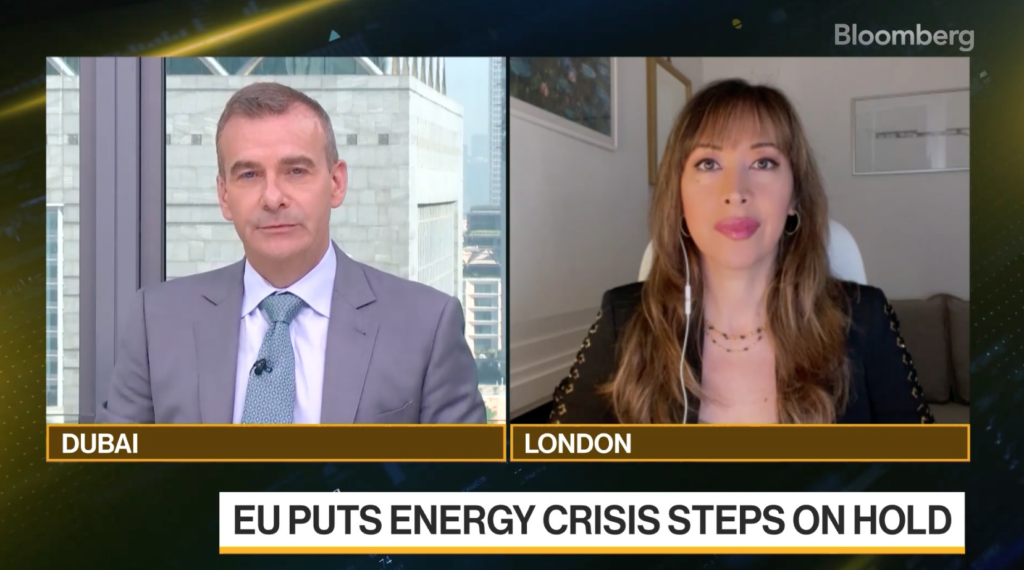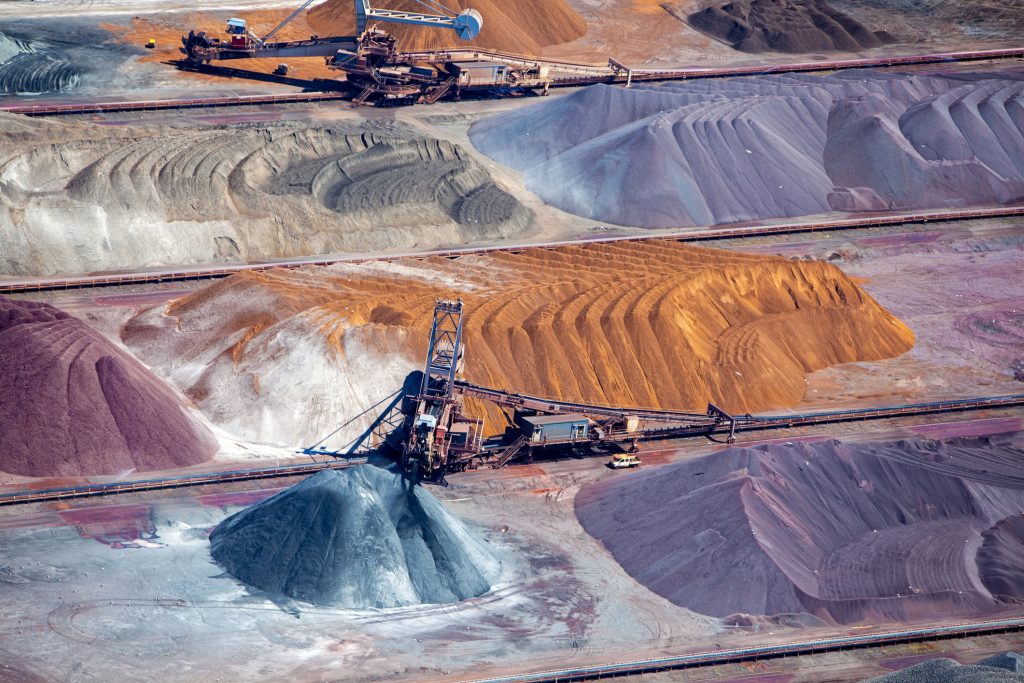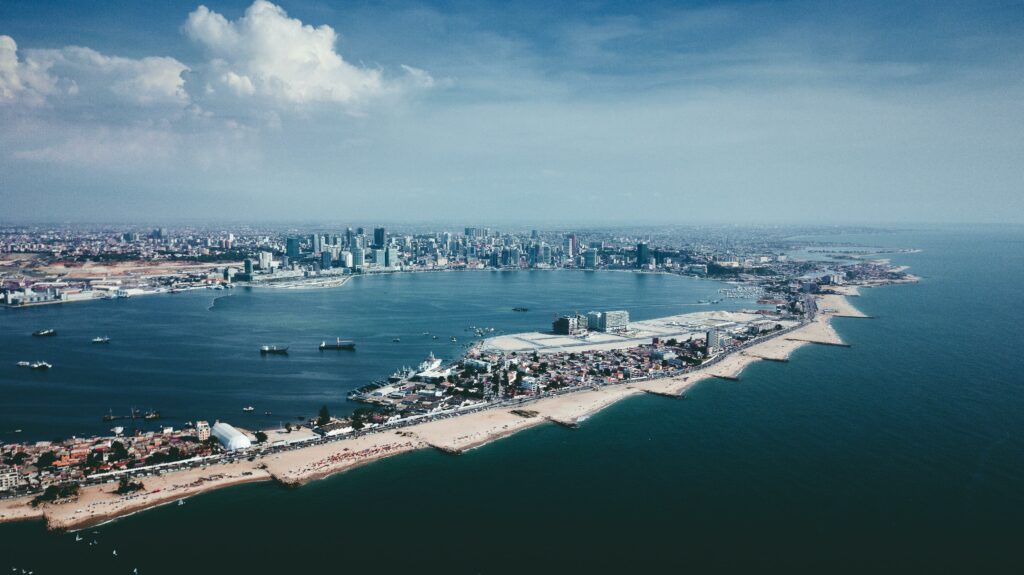In this interview with Manus Cranny on Bloomberg Daybreak: Middle East, Dr Carole Nakhle, CEO of Crystol Energy, discusses the oil and gas price caps as proposed by the EU.
Key takeaways:
- The discussion to impose a gas price cap in the EU has progressed notably. Only a few months ago, some European countries, particularly Germany and Netherlands, were strongly against it. Today, the question has moved from whether to impose a cap to at what level to impose it.
- This is the hurdle today. It has been suggested that the cap will be triggered at €275/MWh. However, such a high level as well as the conditions needed to be met to trigger the cap (e.g., month ahead TTF to stay at that level for two weeks), are likely to make them toothless.
- The oil price cap on Russian oil which was championed by the G7 and needs to be officially introduced by the EU before 5 Dec when its sanctions on seaborne Russian crude oil become effective, increases the difficulty of buying Russia’s oil outside the block.
- Russian crude oil is already trading at a major discount compared to Brent. Therefore an oil price cap of $65-70/bbl is unlikely to cause a major pain on Russia. Also, Russia’s response to the cap should also be factored in.
- The effectiveness of the oil price cap will depend not only on what the West decides, but also on how many ‘friends’ Russia has and their refining capacity.
- Oil market conditions haven’t drastically changed since OPEC+’s latest announcement. Therefore, is it unlikely that a reversal in the group’s policy (of cutting 2 million barrels per day) will take place any time soon.
Related Analysis
“Germany’s scramble to revamp its energy policy“, Dr Carole Nakhle, Oct 2022
“Thatcher’s energy plan was derailed – now we are paying a gigantic price“, Lord Howell, Sep 2022
Related Comments
“Europe reaches its limit of how much LNG it can take“, Dr Carole Nakhle, Nov 2022
“Energy Crisis in Europe: Causes and Remedies“, Dr Carole Nakhle, Nov 2022









